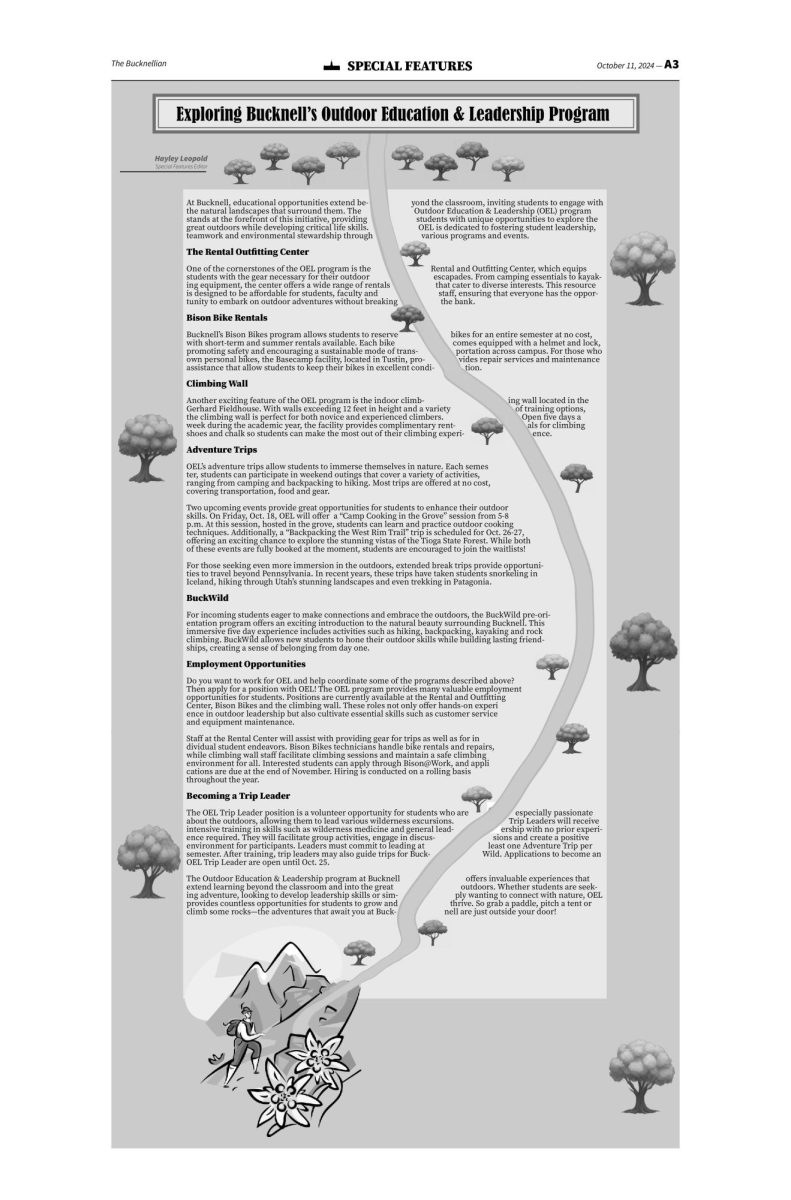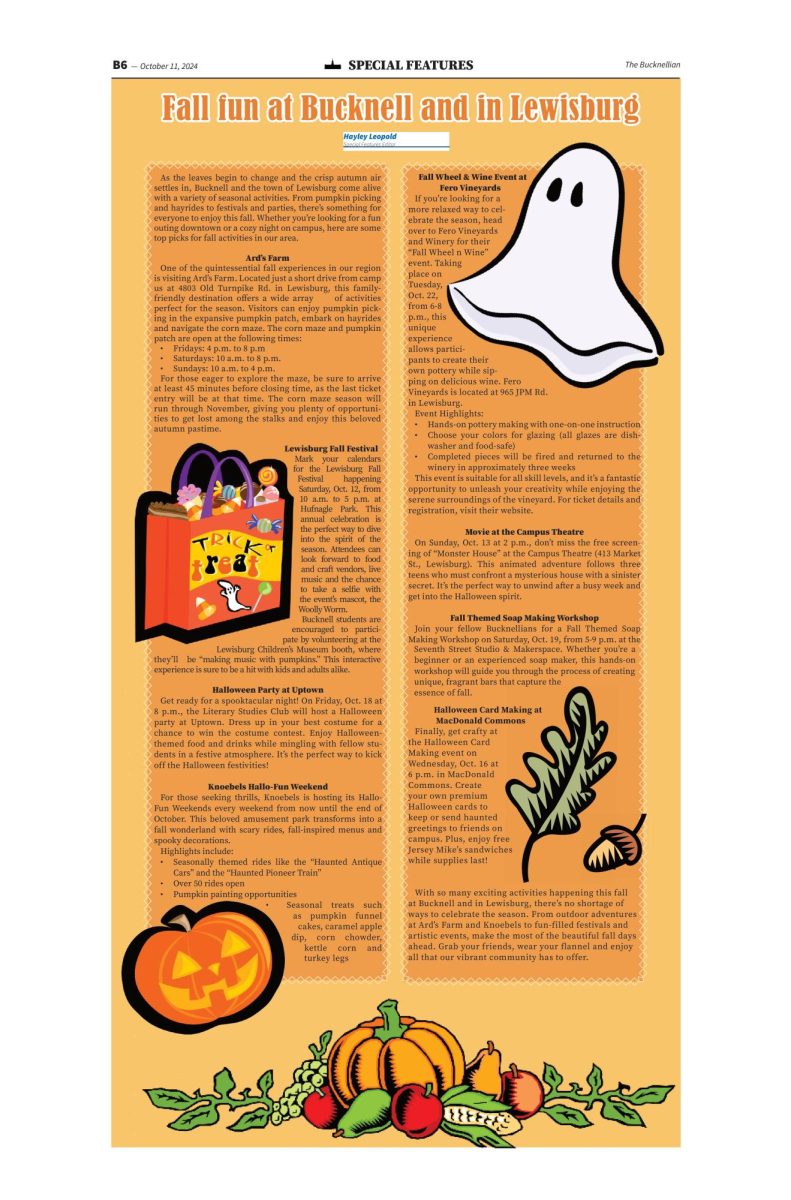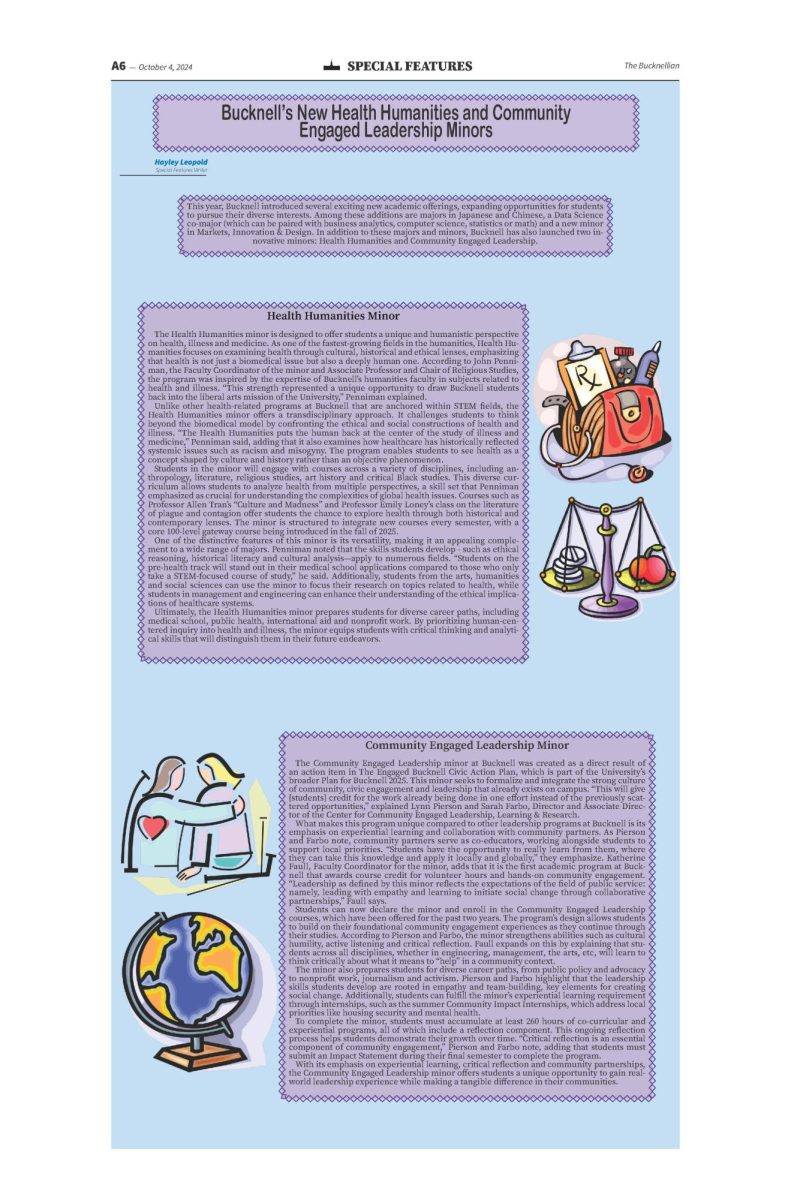Beyond the Bison: MLB owners accused of institutional influence over spending in free agent freeze-out
February 8, 2018
Major League Baseball (MLB) players report to spring training in less than a week, but more than 120 free agents remain unsigned, including notable stars Yu Darvish, Jake Arrieta, J.D. Martinez, and Eric Hosmer. According to an analysis done by Yahoo Sports, MLB payrolls could drop for the first time in a decade, despite record revenues of more than $10 billion last season. Teams overall have committed nearly $285 million less to player salaries in 2018 than their opening day payrolls in 2017.
There are a few possible explanations for the brutally slow speed of the market this off-season, but none are more prevalent than having a free agent system that consistently favors ownership and works against the players.
It’s possible that this year’s free agent class is simply weaker than other years. Perhaps teams are holding onto their cash for next year’s stacked free agent class. Nevertheless, most teams have plenty of payroll space before hitting the $197 million threshold that kicks in the first wave of fines for a team. According to spotrac.com, there are 23 teams with a current payroll of less than $150 million and seven of those teams have payrolls less than $100 million. However, saving for next year’s blockbuster class can only marginally explain this free agent freeze-out.
Maybe front offices have finally realized they need to stop issuing out long contracts to players who will be well past their prime in the final years of their agreement. The inability to work out large contracts with star players would only apply to the smallest subset of free agents. This reasoning still does not explain the other 120-plus free agents that have not been signed.
The slowness of this year can be largely attributed to the fundamental flaws of the free agency model and the decline of the once-powerful players union. Under the new collective bargaining agreement from last winter, it seems that owners have more reasons to cut back on spending. On top of the existing payroll taxes that teams already pay, there’s now an additional 12 percent tax on teams that go over the threshold by $20 million and an additional 45 percent tax on teams that go over by $40 million.
Players went on strike in 1994 in response to the idea of a salary cap, and, as a compromise, the MLB created luxury taxes that place a soft limit on the amount of money teams can spend on player salaries. Today, these soft limits have turned into harder limits because of the new fines put in place, and has led to the luxury tax to function, in effect, as a salary cap that the players have always been against.
Rumors of possible collusion among MLB owners surfaced on Feb. 2 when big-time sports agent Brodie Van Wagenen released a letter via Twitter slamming the lack of free agency signing and suggested collusion among the owners.
“Many club Presidents and General Managers with whom we negotiate with are frustrated with the lack of funds to sign the plethora of good players still available, raising further suspicion of institutional influence over the spending,” Van Wagenen said. “There is a rising tide among players for radical change. A fight is brewing… A boycott of Spring Training may be a starting point, if behavior doesn’t change.”
Only days before pitchers and catchers report to spring training, MLB owners have successfully frozen the player market and driven down costs. Due to the diminished strength of the players union, owners will get away with this behavior as they are winning the public relations battle, thanks to their ability to hide behind the notion of progressive analytics to explain this year’s free agency. Teams claim they are focusing on certain statistical measures of player performance to creatively build their rosters. Regardless of the reason for this year’s slow free agency — that sees only the occasional reliever get signed to a team’s bullpen — the freeze-out is bad for players and increasingly bad for baseball.



























